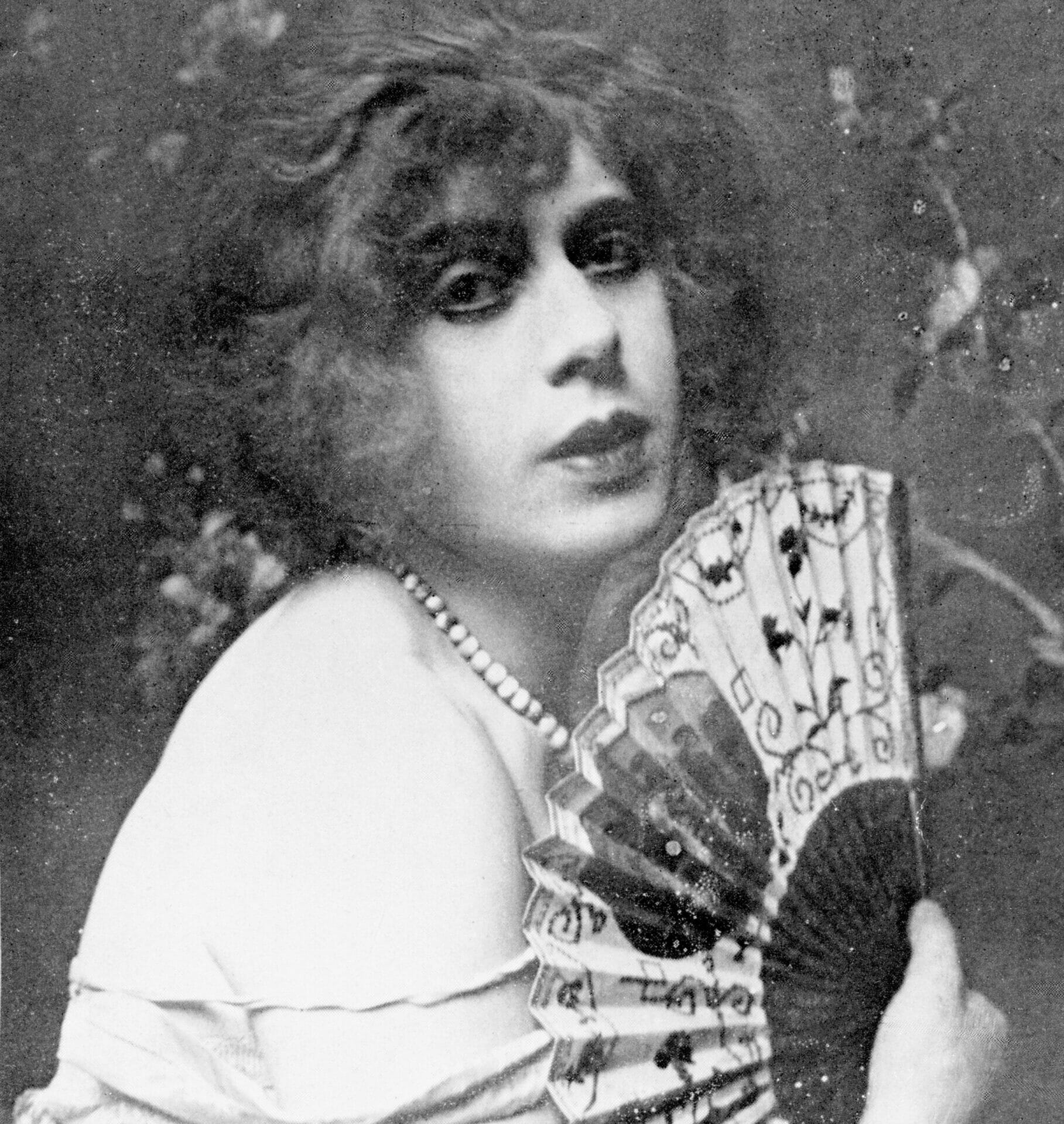
Stories from the closet | I'm a Fool to Want You
Author
Year
Format
Before European colonizers set foot in South America, queer individuals lived openly without the constraints of the closet. In most native cultures, homosexuality was accepted and tolerated. But the arrival of the Spaniards five centuries ago forced a drastic change, compelling queer individuals to conceal their identities. The closet, once unimaginable, morphed into a shadowy refuge – a place dark enough to make one wild. Argentine writer Camila Sosa Villada experienced it firsthand.
Born in the foothill of the Sierras Chicas in 1982, in the final days of the El Proceso military dictatorship, Villada embraced her transgender identity and came out as a travesti at the age of 16. Yet, a significant part of her early adulthood remained shrouded in secrecy. She navigated a delicate balance, keeping her work in the sex industry hidden from her parents and university friends. She revisits those clandestine days in her recent short story collection, I’m a Fool to Want You (Soy una tonta por quererte, 2022).
The secret life of Camila Sosa Villada
I’m a Fool to Want You unfolds a brilliant, often humorous anthology of closeted characters, the first of them being Villada herself. Before this collection, Villada had already soared to literary stardom with her memoir Bad Girls (Las Malas, 2019). Infused with magic realism and abundant irony, the memoir recounts Camila’s days as a street prostitute in Sarmiento Park, Cordoba.
The first story, Thank You, Difunta Correa, delves into the aftermath of those tumultuous times. Inspired by the works of Federico García Lorca – hoping to change her life forever – Villada began to craft her first theatrical piece. In those days, her parents traveled to the Sanctuary of Difunta Correa, a popular saint in Cordoba. Their prayer? A prosperous job for their daughter.
A few months later Villada debuted in theatre with Carnes Tolendas, an autobiographical monologue detailing her life as a transgender woman and sex worker. It marked the second time she came out. But this time, she did it on a stage.
Freedom found, freedom lost
The first story in I’m a Fool to Want You is a poignant manifesto, portraying a woman with the freedom subsequent characters lack. Some stories explore characters who never experienced its taste, spending their lives concealed. For example, in Screen Woman a woman earns her living as a rental girlfriend for gay men. In The Night Won’t Let the Sun Rise rugby players refuse to pay the protagonist, a trans woman, for a night of sex. The latter then seeks revenge, confident in her escape: “…they never make any complaint. I guess their reputation is worth more.”
Yet, the most compelling tales unravel the lives of characters who once thrived in freedom, only to plunge back into misery. The book’s eponymous story recounts the vicissitudes of an immigrant travesti in Harlem who befriends none other than Billie Holiday. Despite Holiday’s status as a jazz star, the singer struggled most of her life with drug abuse and painful romantic relationships, leading her to lose most of her earnings and ultimately turning her into an outcast. In Villada’s story, she too finds herself compelled to hide from the world. The narrative echoes in Cotita de la Encarnacion, inspired by a Mexican travesti executed by the Spaniards even though their behavior once aligned with their culture.
“I had been a beast…”
As the reader approaches the final story, Six Tits, the thematic essence of I’m a Fool to Want You becomes glaringly evident. In this dystopian tale, travestis are declared unwelcome in society, and forced to seek refuge in the mountains. The protagonist, a journalist with a thriving family life, finds her world shattered when executioners come for her. Fiercely fighting back against a group of attackers, she reflects:
Suddenly, as if I had never forgotten that I had been a beast, I threw myself on the neck of one of them and tore off a piece of flesh…
Camila Sosa Villada – Six Tits
Much like queer individuals in South America turned outcasts by colonizers, Villada’s characters are stripped of once-familiar freedom and easily relegated to the status of animals. These stories serve as a poignant reminder: human dignity is as fundamental as it is fragile, and rising from misery doesn’t mean you can’t go back down. Upon reading I’m a Fool to Want You, one begins contemplating: How many things could be taken away from me? How easily could I be turned into a beast?
Never should anyone be forced back into a closet. But for that not to happen, we should probably grow aware that it is not that unlikely.
Tag
Buy a ☕ for Hypercritic








